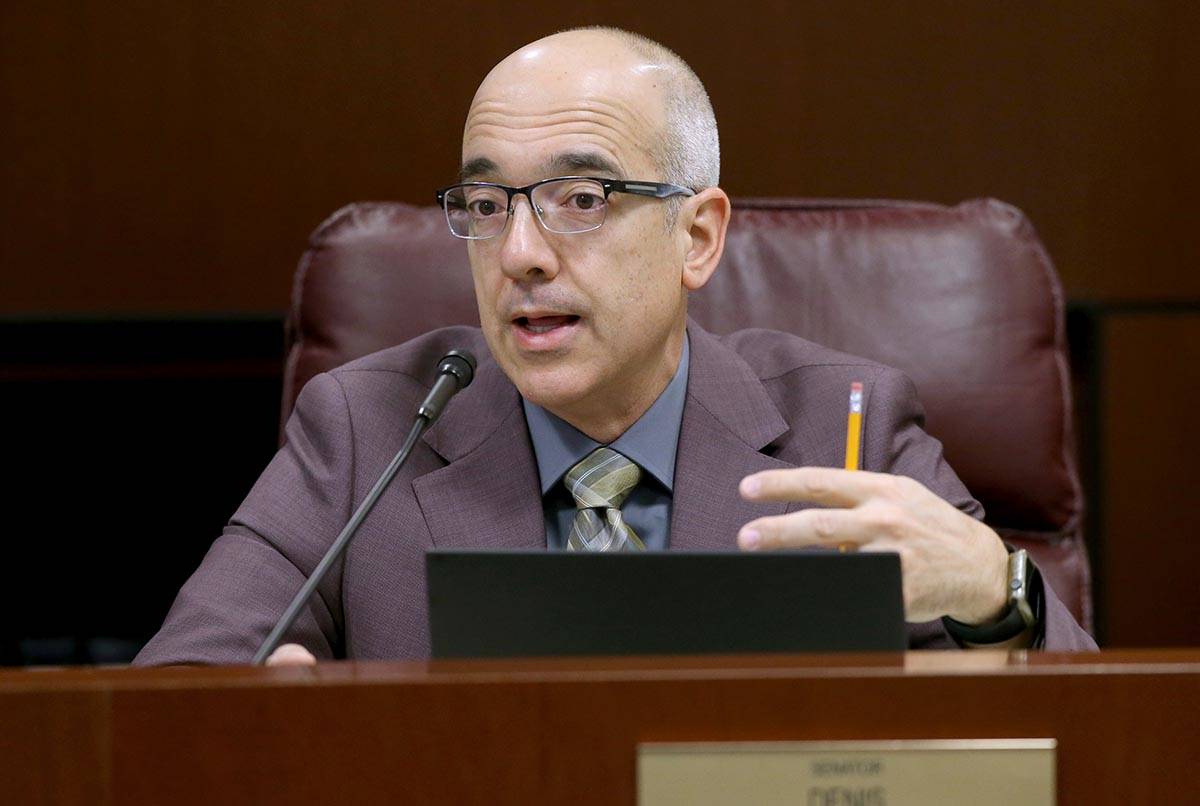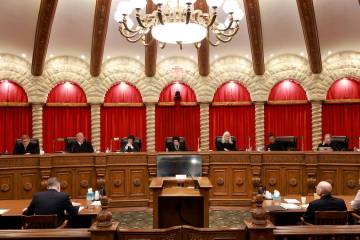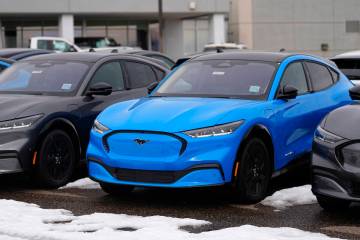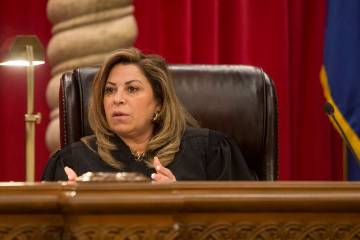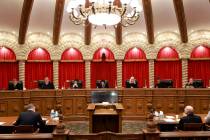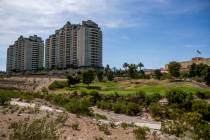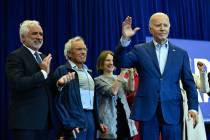Lawmakers question need for Innovation Zone governments in Nevada
CARSON CITY — A scheme to carve out self-managed, county-level government jurisdictions built on and dedicated to advancing innovative technologies such as blockchains got its most detailed public airing to date Thursday before a special committee formed to vet the concept.
At the end of the committee’s inaugural hearing on the plan for creating so-called Innovation Zones in the state, advocates still faced skepticism from leery lawmakers who questioned why such lofty technological ambitions could only succeed within a new layer of government.
“When it comes to the blockchain technology side of this, that’s a huge thing, I understand that,” said Sen. Mo Denis, D-Las Vegas, the special committee’s vice chair. “But at the end of the day, I still need to … understand how having the Innovation Zone does it.”
The concept, proposed through Gov. Steve Sisolak’s office, emerged in the 2021 legislative session but failed to gain traction. Instead, lawmakers moved to create the committee now studying the proposal.
A specific plan from technology company Blockchains LLC calls for creating such a zone on 67,000 acres the company owns in Storey County, essentially reducing the existing county’s size by 40 percent.
The plan has drawn vigorous objections. The concept for a “smart city” in the new county-like zone includes plans for 20 million square feet of new development and homes for 35,000 people, raising concern not only from Storey County officials but also from the nearby Pyramid Lake Paiute Tribe, among other groups.
Labor groups and economic development hawks, touting the project’s outsize projections of $16.4 billion in economic impact, including $7 billion in wages and 124,000 jobs, were among leading advocates who spoke in favor of the project Thursday. Draft legislation made public during the meeting outlines how and under what circumstances a zone could be established, how it would be governed, and how basic government services, such as courts and education, would be provided.
Proponents during the hearing sought to emphasize Nevada’s need to position itself at the forefront of the entire range of emerging advanced technologies, claiming that only a brand new government built from scratch was up to that task.
“We’ve talked about the incompatibility of the (existing county) operations and such, but I think there’s a more seminal issue here … and that is (the zone’s) very existence,” said Pete Ernaut, president of government and public affairs for R&R Partners, which has worked to advance and build support for the project. “You can understand that this is an unprecedented development, and somebody has to permit it. Somebody has to say yes.”
Lawmakers and opposing Storey County officials repeatedly questioned why the same visionary goals could not be achieved through existing government procedures and jurisdictions.
“Storey County is not opposed to this development. We are simply concerned about the separate governance piece,” said Clay Mitchell, a county commissioner. “We’re well-equipped and positioned to help vet and flesh out these lofty ideas.”
The committee is scheduled to meet five more times through December.
Contact Capital Bureau reporter Bill Dentzer at bdentzer@reviewjournal.com. Follow @DentzerNews on Twitter.



